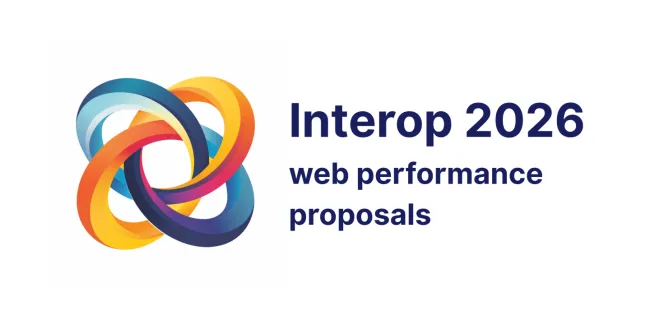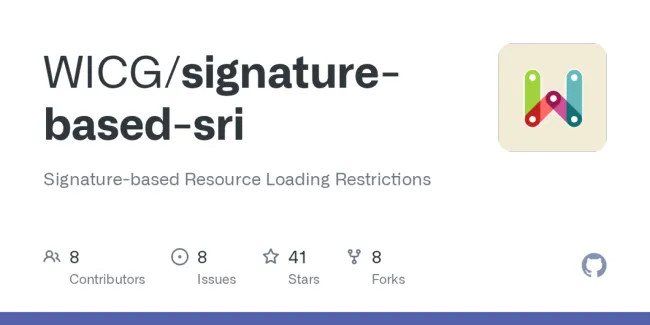
Interop 2026: Key APIs for sitespeed & RUM
At RUMvision, our focus is helping site owners make their sites faster. To do that well, we depend on the data browsers give us through APIs. Some of those APIs are already incredibly useful — but not all browsers support them consistently.









